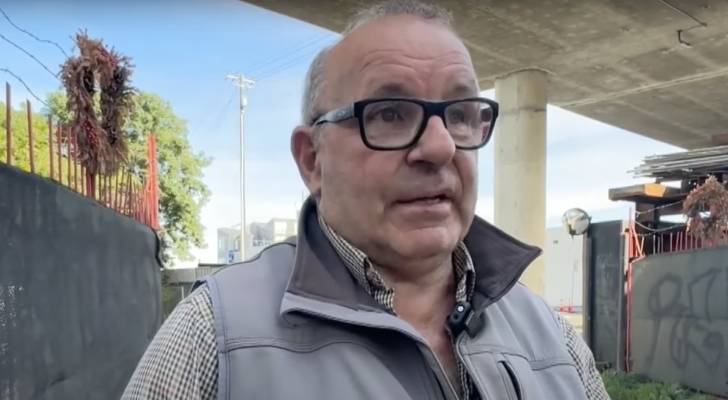Caltrans Evicts Businesses in Dogpatch Neighborhood Over Safety Concerns
The California Department of Transportation (Caltrans) has issued eviction notices to several businesses in the Dogpatch area of San Francisco, despite the owners not having committed any infractions. This action follows an internal review of the state agency’s safety protocols.
Background on Eviction Notices
Caltrans’ general inspector recently released a report highlighting issues with the management of properties leased close to highway structures. As part of a new set of safety policies, leases were reassessed, leading to eviction notices or non-renewal for those properties that failed to comply with updated standards.
The Review Trigger
The impetus for Caltrans’ review of its Airspace Lease program was a fire incident that occurred under Interstate 10 in Los Angeles in November 2023. This program allows businesses to operate under bridge structures within state highway rights-of-way owned by Caltrans.
As a result of the findings, restrictions have been imposed that determine which types of businesses are permitted to remain operational in these areas, alongside new safety requirements for those already established.
Impact on Local Business Owners
Kevin Barry, a steel fabrication business owner, expressed his concern about the situation, stating, “At my age, if I have to move, it’s finished.” Barry, who was informed that his business would likely have to cease operations due to its use of certain materials deemed unsafe, is now uncertain about his future.
Although an initial move-out deadline of March 31 was provided, Caltrans has since granted Barry an extension, though the specifics of this extension remain unclear. He remains hopeful for a resolution that will allow his business to continue in the Dogpatch neighborhood.
Community Perspective
The forced closure or relocation of local businesses poses significant risks to the surrounding community. Local resources are often sustained through these businesses, making their continued presence vital.
Julie Christensen, former executive director of the Dogpatch and Northwest Potrero Hill Green Benefit District, highlights Barry’s role in the community, calling him the neighborhood’s “pride and joy” for his commitment to maintaining local safety and cleanliness. She argues that businesses like Barry’s play a crucial role in curbing issues such as graffiti, litter, and illegal dumping.
Without these establishments, the potential for job loss and degradation of neighborhood resources becomes ever greater, especially if owners are unable to find alternative locations.
Future Steps and Community Support
Caltrans has indicated a willingness to work with affected tenants, suggesting that exceptions to current policies could be granted if safety and operational standards are upheld. This could provide a lifeline for businesses striving to stay in their current locations.



